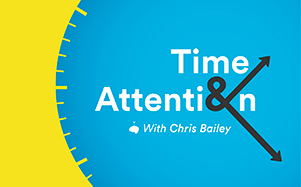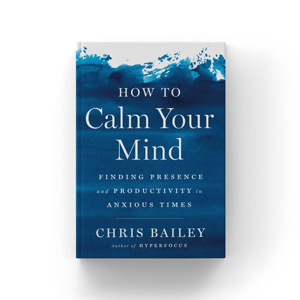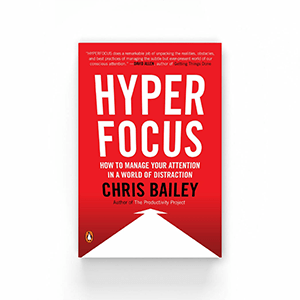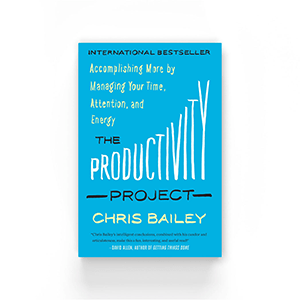
Many of us are familiar with the default script: go to school, get good grades, find a job, meet a partner, settle down, and kick the bucket at the very end. These are age-old stories that are handed down from our culture, the media, and the people in our lives. But what if you scrapped the script and instead made the choices you really want?
That’s how Cait Flanders lives her life, and it’s an idea she explores in her new book, Adventures in Opting Out. Long time podcast listeners may remember Cait from episode 13, where we chatted about whether or not to take advice from experts. This week I was thrilled to have her back on the show to talk about her second book (her first release, The Year of Less, is also a great read!).
Adventures in Opting Out digs into an idea we all need to hear right now: the power of living in a way that’s true to who we are instead of what the world expects of us. That includes opting out: making the decision to work for yourself, to not have kids, to pursue a new lifestyle—the opt outs are endless. The book presents a wonderful and fun opportunity to reflect on this theme so that we can make the choices that will help us lead a more intentional and meaningful life.
I love the reflective nature of Cait’s writing, and that introspection is embedded within every page of this book. Here are a few ideas from our conversation and the book to mull over during your next period of reflection.
1. Recognize how the default script can shape your goals and values. The curious thing about following a well-worn path is that you involuntarily find yourself enrolled in the goals and values that go along with it. If the default script says you should own a house by the time you’re 30, your goal might be to find a six-figure job and value compensation above all else. There’s an ease and comfort in chasing this default script in autopilot mode without stopping to listen to what we really want.
Determining what you value is easier said than done. Cait shares that she used to pick values and corresponding goals that were more aspirational—rather than what she really wanted to do. Often these aspirational values were guided by a sense of what she should be doing.
2. To determine what you value, pay attention to your gut reaction. Intuition is a powerful tool. To identify your true values, Cait suggests noting the choices that make you feel unsettled. She gives the example of becoming a vegetarian. Before making this change, Cait remembers ordering meat or saying ‘yes’ to a dish made by her parents. She was unhappy with her decision every time. If you hear yourself resisting something over and over again, take those feelings as a sign that you may be living out of alignment with your values. Boiled down, your values are the flipside of what you don’t like.
3. Take note of other signs that it’s time to opt out. There’s too many signals to list, and Cait goes much deeper into this in her book. A few signs include hearing yourself say the same thing over and over; not being able to sleep because you’re so irked by something needing to change; not being present in conversations; and noticing that you revert to a different or older version of yourself around certain people.
4. Prepare to be judged—and be okay with that. As someone who has opted out of drinking, an unhealthy relationship with shopping, a conventional job, and more, Cait has heard a lot of unsolicited feedback on her choices. These opinions can be difficult to swallow, especially when they come from people we care about. But Cait says that people can only see as far for you as they can for themselves, and that judgements are often a reflection of what people would say to themselves if faced with a similar change. She suggests using these critical moments to engage in conversation and ask questions about why someone feels the way they do.
It takes time and introspection to pinpoint your values and determine the life you want. The ideas above can help you along that journey, though Cait notes that your thoughts will look differently depending on what opt out you’re considering.
It’s not a spoiler to say that Cait believes every adventure in opting out has been worth it. Each time she stepped away from something that wasn’t working for her, she could finally hear her own voice. Chock full of stories and insights, I highly recommend picking up Adventures in Opting Out.




